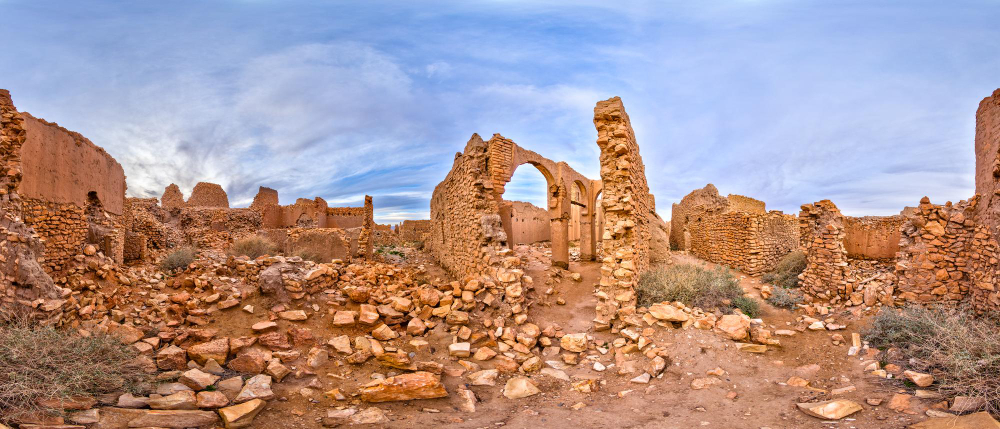Cultural Tourism in Jordan: History, Heritage & Local Traditions

Jordan is more than stunning landscapes and ancient ruins—it’s a living tapestry of culture, heritage, and hospitality. From bustling city markets to sacred religious sites, the country offers travelers the chance to immerse themselves in traditions shaped by thousands of years of history. Whether you’re exploring Roman theaters, dining with Bedouin hosts, or wandering through colorful souks, cultural tourism in Jordan promises an experience rich in meaning.
A Crossroads of Civilizations
Situated at the heart of the Middle East, Jordan has long served as a crossroads for trade and culture. Civilizations from the Nabataeans and Romans to the Byzantines and Umayyads have left their mark, creating a vibrant cultural mosaic that continues to thrive today.
Key Cultural Destinations
- Jerash: Often called the “Pompeii of the East,” Jerash boasts some of the world’s best-preserved Roman ruins, including colonnaded streets and grand temples.
- Madaba: Known as the “City of Mosaics,” Madaba is home to intricate Byzantine mosaics and the famous 6th-century Mosaic Map of the Holy Land.
- Petra: Beyond its breathtaking architecture, Petra reveals Nabataean engineering and artistry that tell stories of a thriving ancient civilization.
- Amman: Jordan’s modern capital balances ancient heritage with contemporary culture, from the Amman Citadel to vibrant art galleries and cafés.
Bedouin Traditions
The Bedouin people, Jordan’s desert nomads, are central to the country’s cultural identity. Their traditions of hospitality, music, and storytelling offer visitors a glimpse into a way of life that has endured for centuries. Travelers can stay in Bedouin camps in Wadi Rum or Dana Biosphere Reserve, share meals around a campfire, and listen to tales passed down through generations.
Religious Heritage
Jordan is home to numerous religious sites sacred to Christians, Muslims, and Jews:
- Mount Nebo: Where Moses is believed to have viewed the Promised Land.
- Bethany Beyond the Jordan: The site of Jesus’ baptism in the River Jordan.
- Ajloun Castle: Built by Muslim forces during the Crusader era.
These landmarks provide insight into the spiritual history that continues to shape Jordanian life.
Culinary Experiences
Food is at the heart of Jordanian culture. Traditional dishes such as mansaf (a lamb and rice dish served with yogurt sauce), maqluba (layered rice and vegetables), and sweet treats like kanafeh reflect centuries of culinary exchange. Visitors can join cooking classes, sample street food in Amman, or dine in family-run restaurants for an authentic taste of Jordan.
Arts & Crafts
Jordan’s artisans keep ancient skills alive through handicrafts such as mosaic-making, glassblowing, and weaving. Support local communities by purchasing handmade souvenirs from cooperatives like the Jordan River Foundation, which empowers women artisans.
Festivals and Events
Cultural festivals offer vibrant opportunities to experience Jordan’s artistic side:
- Jerash Festival of Culture and Arts: Showcasing music, dance, and theater in ancient Roman ruins.
- Amman International Film Festival: Celebrating regional and global cinema.
- Dead Sea Ultra Marathon: Blending sports with Jordan’s stunning landscapes.
Responsible Tourism
When engaging with Jordan’s culture, respect is key. Dress modestly in rural areas, ask permission before photographing people, and support local businesses to ensure your visit benefits the communities you encounter.
Final Thoughts
Cultural tourism in Jordan is an invitation to connect with history, heritage, and the warm hospitality of its people. From Bedouin storytelling to Roman ruins, every encounter enriches your understanding of this remarkable country.
Meta Description (157 characters): Explore Jordan’s rich culture and traditions. Visit Roman ruins, Bedouin camps, sacred sites, and vibrant festivals for an unforgettable cultural journey.






